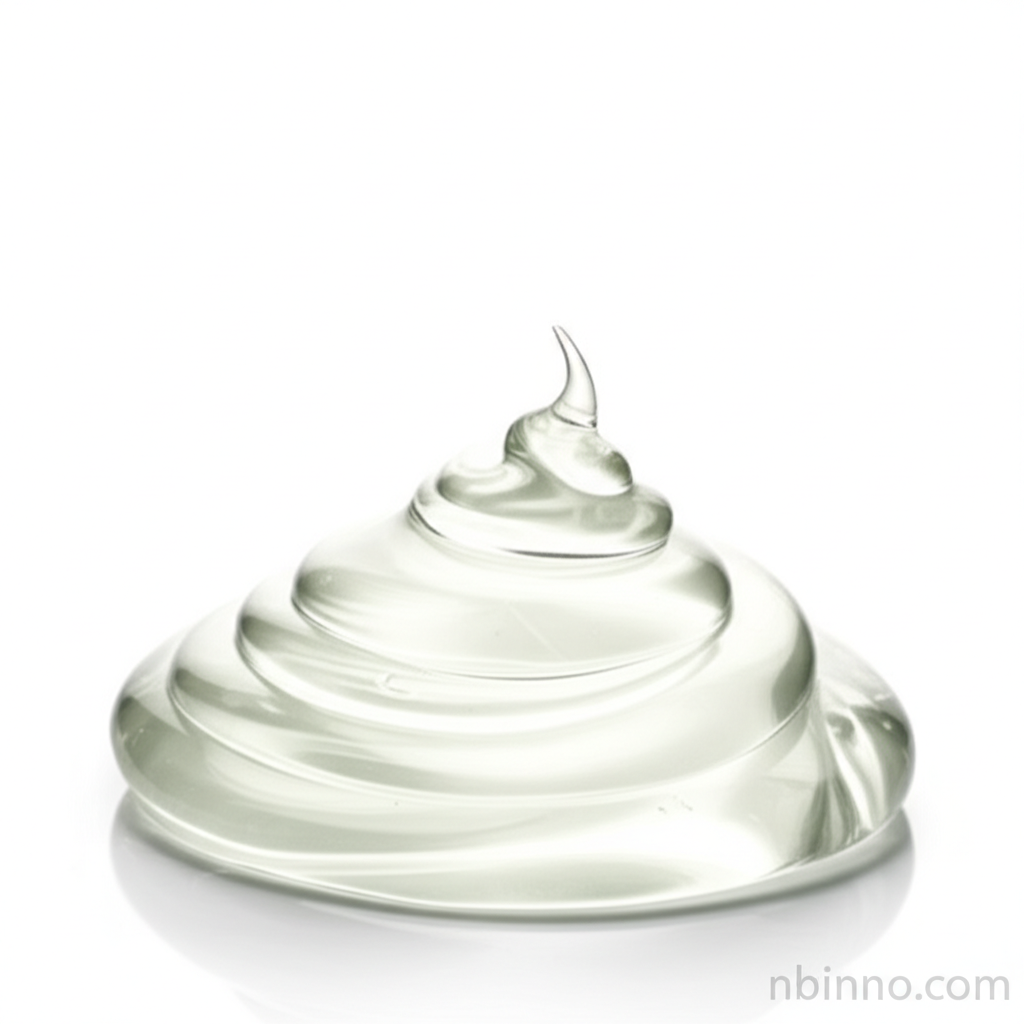Sodium Lauryl Ether Sulfate (SLES 70%): Your Guide to a Powerful and Versatile Anionic Surfactant
Discover the science behind SLES 70%: its benefits, uses, and why it's a preferred choice in personal care and cleaning.
Get a Quote & SampleProduct Core Value

Sodium Lauryl Ether Sulfate 70%
Sodium Lauryl Ether Sulfate 70% (SLES 70%) is a highly effective anionic surfactant renowned for its exceptional cleaning, foaming, and emulsifying capabilities. It serves as a cornerstone ingredient in numerous consumer and industrial products, offering superior performance and mildness compared to its predecessor, Sodium Lauryl Sulfate (SLS).
- Explore the benefits of SLES in shampoos and other personal care items, understanding why it's a preferred choice for its gentle yet effective cleansing action.
- Delve into the SLES vs SLS comparison, highlighting SLES's milder nature and improved properties that make it ideal for sensitive skin applications.
- Learn about safe surfactant alternatives and how SLES fits into the landscape of modern cosmetic ingredient science, ensuring product safety and efficacy.
- Discover the industrial cleaning uses of SLES, recognizing its power in formulations designed for heavy-duty degreasing and cleaning tasks.
Key Advantages of SLES 70%
Exceptional Foaming & Cleansing
Experience rich, luxurious lather and superior cleaning power, making it perfect for shampoos and detergents. Understand what is sodium laureth sulfate and its role in providing that satisfying foam.
Mildness and Skin Compatibility
SLES 70% is notably milder than SLS, reducing the risk of skin irritation. This makes it an excellent ingredient for personal care items where skin contact is frequent.
Environmental Friendliness
With high biodegradability, SLES contributes to eco-friendly product formulations, aligning with growing consumer demand for sustainable ingredients.
Key Applications
Personal Care Products
As a primary surfactant, SLES is crucial in shampoos, body washes, facial cleansers, and toothpaste for its cleaning and foaming properties.
Household Cleaning
Its excellent detergency and emulsification make it a key component in dish soap, laundry detergents, and surface cleaners.
Industrial Cleaning
SLES is utilized in industrial cleaners and degreasers due to its strong capacity to break down oils and grease effectively.
Cosmetic Formulations
Beyond cleansing, SLES acts as an emulsifier and solubilizer in various cosmetic products, enhancing product stability and user experience.
